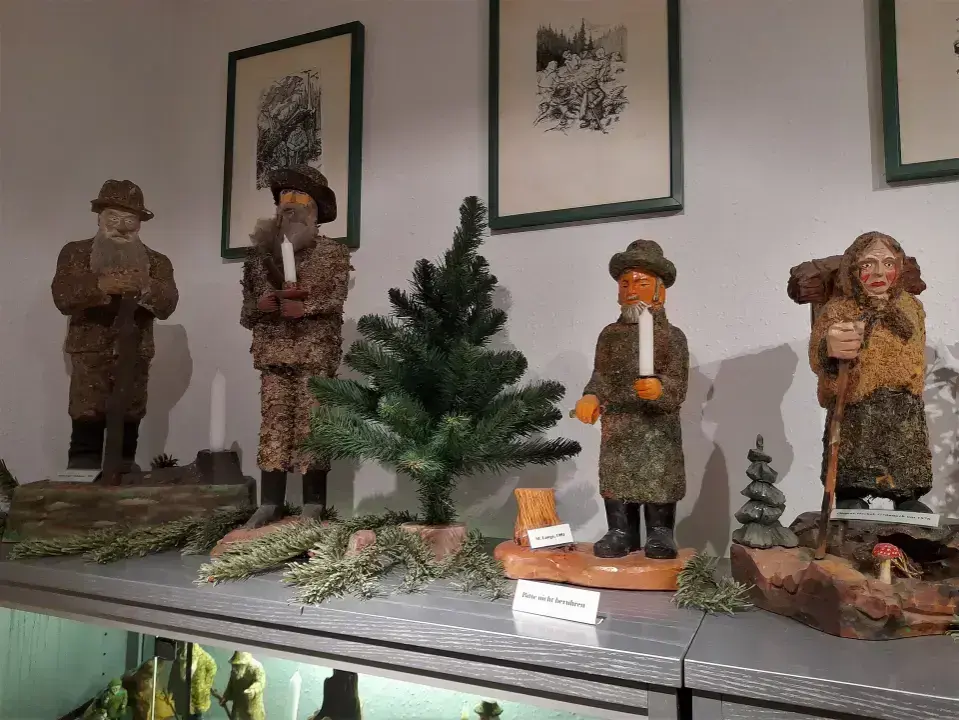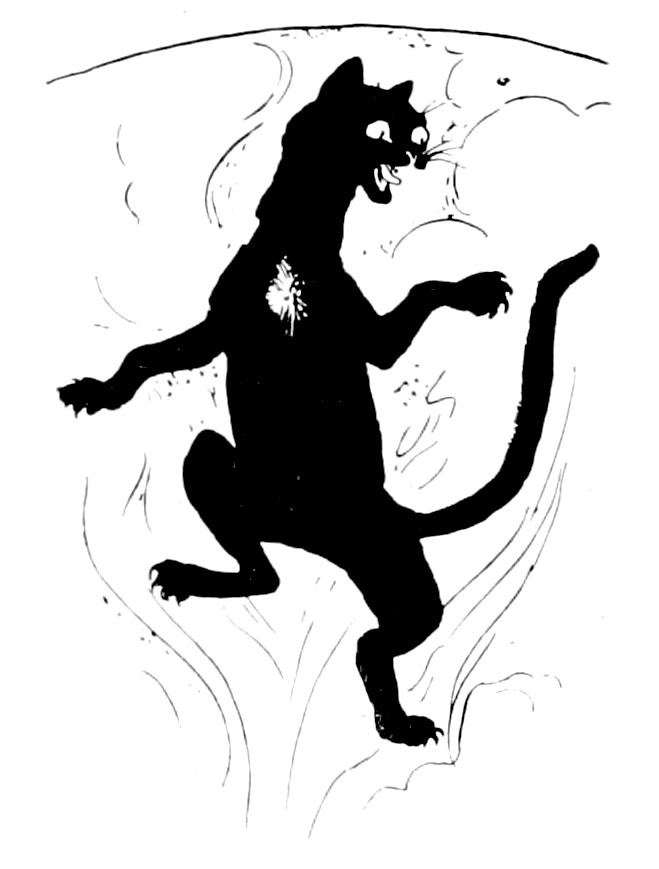Moss people

The moss people or moss folk (German: Moosleute, "moss folk", German: [ˈmoːsˌlɔɪ̯tə], wilde Leute, "wild folk", German: [ˈvɪldə ˈlɔɪ̯tə]), also referred to as the wood people or wood folk (Holzleute, "wood folk", German: [ˈhɔltsˌlɔɪ̯tə]) or forest folk (Waldleute, "forest-folk", German: [ˈvaltˌlɔɪ̯tə]), are a class of fairy folk, variously compared to dwarfs, elves, or spirits, described in German folklore as having an intimate connection to trees and the forest. In German, the words Schrat and Waldschrat are also used for a moss person. (Compare Old Norse skratti, "goblin".) The diminutive Schrätlein also serves as synonym for a nightmare creature.
Jacob Grimm believed that Gothic skōhsl, used to translate Koine Greek δαιμόνιον (daimonion), "daemon", in the New Testament, was related to Old Norse skōgr and Old English sceaga, both meaning "forest", and therefore represented a cognate of the moss people in Gothic folklore. Subsequent authors, however, have related skōhsl with English "shuck" (from Old English scucca, "evil spirit") and German Scheusal, "monster" (from Middle High German schūsel, though by folk etymology identified with scheuen, "to dread", and -sal, a noun suffix). Parallels have been drawn between the moss people and woodwoses.
Early descriptions of Germanic beliefs include descriptions of "wood people" by the 6th century Roman historian Jordanes and "woodland women" by the 11th-century Rhenish bishop Burchard of Worms. Furthermore, Grimm recorded the terms wildiu wīp, wildero wībo, wilder wībe, wilden wībe, wildaz wīp (all meaning "wild wife") and wilde fröuwelīn ("wild maiden") from various early medieval texts. The moss people are sometimes described as similar to dwarfs, being the same size as children, but "grey and old-looking, hairy, and clad in moss." Sometimes, moss folk are also bigger.
In other descriptions they are said to be pretty. In Saxony, the Holzweibchen ("little wood woman"), also called Buschweibchen ("little shrub woman"), appears as a small shrivelled old woman with a wrinkly face, carrying wood in a basket on its back or brushwood in its apron, walking around propped on a stick or cane, or sitting in a shrub spinning or knitting at crossroads.


